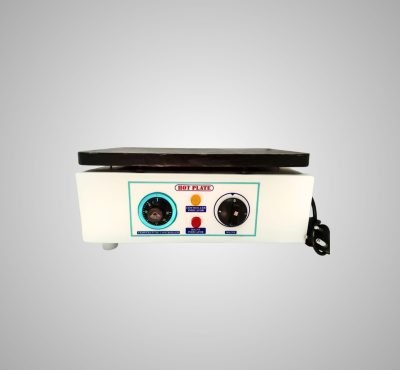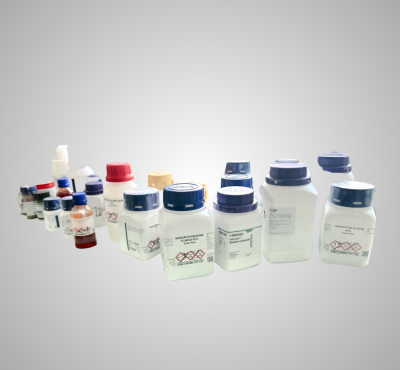Manufacturing Operations
Rotary Klin
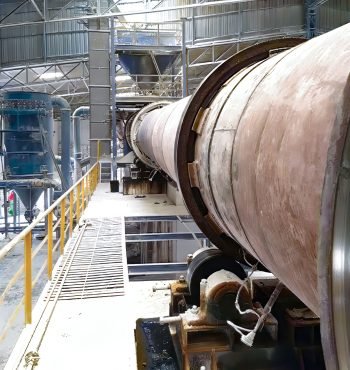
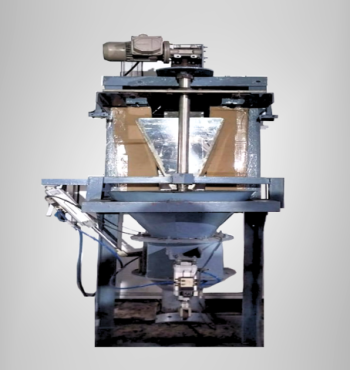
Automatic Weigh Batcher
An automatic weigh batcher plays a pivotal role by precisely measuring and dispensing the essential components, like aluminum powder and iron oxide, in the exact proportions required for the thermite welding process. This ensures the consistency and integrity of welds in railway tracks.
Core Making Machine
A Core Making Machine with a CO2 purging system is a vital component in thermite welding, with an impressive capacity of producing 1000 pairs of dry molds per day across 8 channels. This high-output capability ensures efficient and precise core formation, supporting the production of strong and durable thermite-welded connections in rail and metalwork applications.
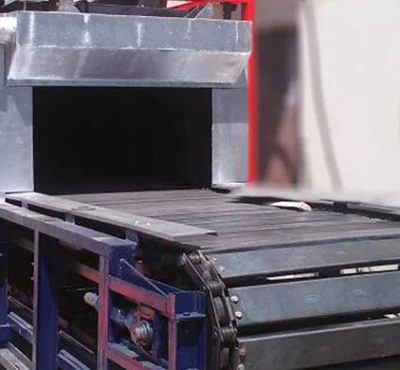
Slat Core Dryer Oven
A fully automated slat conveyorized oven is an advanced system designed for baking dry molds, Single Shot Crucible(SSC), Multi Shot Crucible with an impressive daily capacity of 1000 units. This technology offers precision and efficiency in industrial operations, making it ideal for high-volume mold baking requirements. Its conveyorized design ensures smooth and consistent production, meeting the demands of various manufacturing processes.
Physical Test
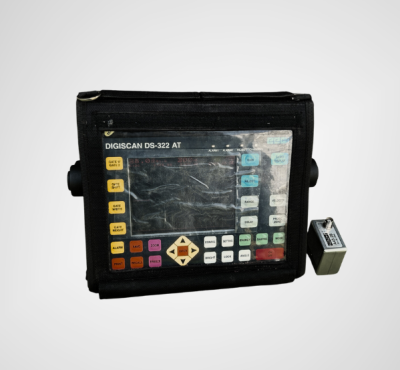
Digital Ultrasonic Machine (USFD Test)
Magnetic Crack Detection Test
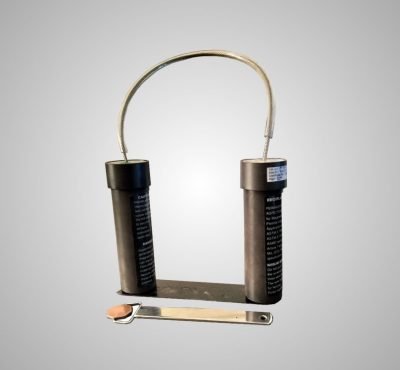
Mechanical Test
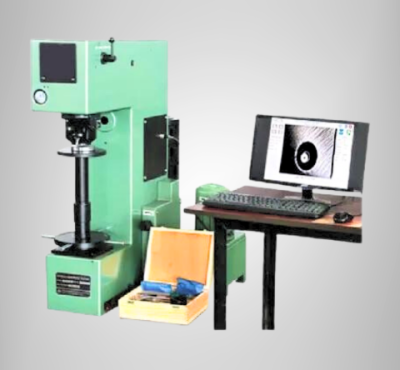
Brinell Hardness Machine (3000 Kg)
The Brinell Hardness Machine (3000 Kg) is a powerful and precise testing instrument used to measure the hardness of materials. With a testing force of 3000 kilograms. This machine provides reliable data for quality assurance and material selection, helping ensure the durability and performance of components and structures.
Transverse Testing Machine (200 T Min)
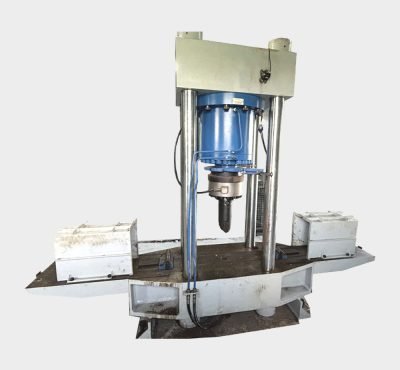
Metallurgical Test
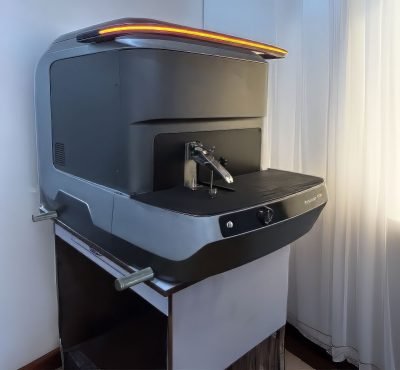
Spectrometer
A spectrometer is used to analyze the chemical composition of various metal. By measuring the element content, it ensures the quality and consistency of welds in railway tracks and other applications, crucial for maintaining the structural integrity and safety of rail infrastructure.
Microscope Test
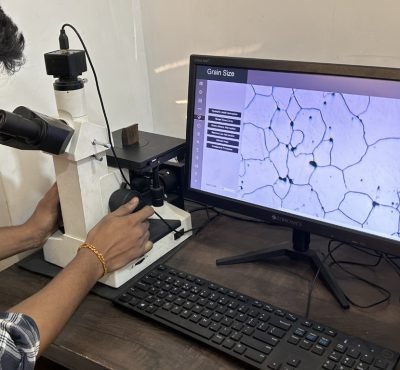
Chemical Test
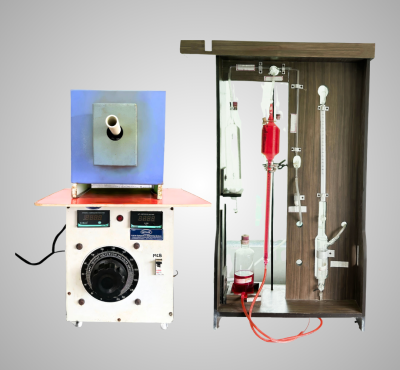
Carbon Sulphur Determination Apparatus
Water Distillation Plant
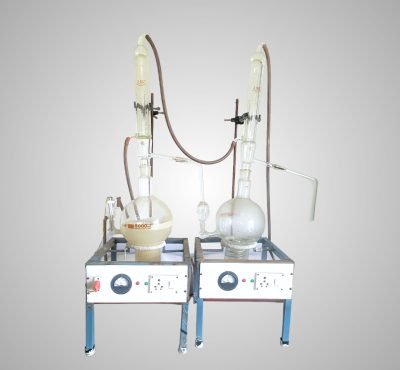
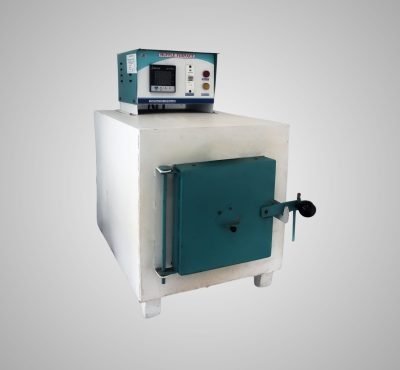
Muffle Furnace
Hot Air Oven
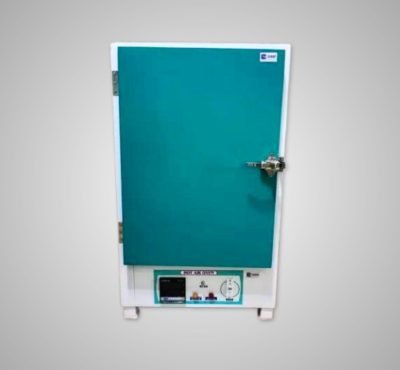
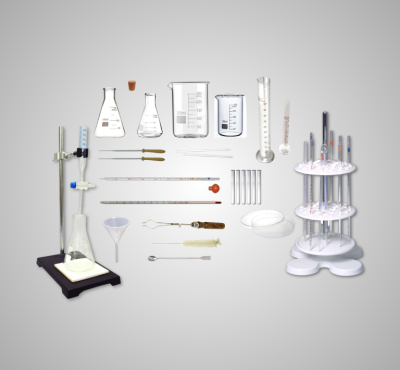
Flask
Hot Plates
